A better world – Mother’s mental health is critical for child safety
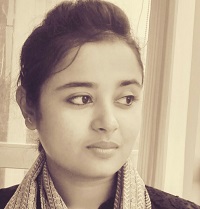
The other day I was watching a video which had been shared by one of my social network connection on his page. The video had garnered close to some 2k views, and there were a little over three hundred comments. I usually tend to overlook most of these videos. However, this one happened to show (they still looked like) a woman changing a baby’s diapers.
Being a mother myself, I have become a voracious reader of almost all literature I find on parenting. I thought this video was about a related topic. Without reading any further details, when I did click it open, I gasped. It was a recording of a mother torturing, yes, I repeat, “torturing” her child while changing her diapers. She slapped the wailing baby a couple of times and even hung the baby while taking off her clothes. It was brutal.
I was seriously impacted. I researched a bit more about this video, and I found out that the video had been posted on the Royal Malaysia Police’s Facebook page in June this year, where it had gathered 13k views and 4k comments. I read about it here.
I had first read or become aware of brutal abuse by mothers leading to fatalities when I was in college. The China Arnold case in Ohio, followed by the Ka Yang case in California, US were about both the mothers killing their babies in rage by putting them in the microwave. I was aghast because I became aware of the cruelest act that could possibly be committed by a human being.
And then someone suggested a movie by the name of The Afflicted, a 2011 American horror crime film based on the life of a California based woman named Theresa Knorr who brutally murdered two of her own children. I didn’t watch it because I know my shortcomings and I realized that I couldn’t take in so much horror.
As per a report by the World Health Organization, “Child maltreatment was significantly associated with parents’ level of education, father’s occupation, mother’s working status, financial problems, mother’s age at the birth of the first child, number of offspring, crowding index and maternal perceptions of maltreatment.” And the sample for the data included cases of child maltreatment, of which 57.1% was physical abuse.
All of the above cases I mentioned seem to belong to the US and one to Malaysia. Does that mean India could be exonerated from this? Definitely not. But according to an empirical report published on ScienceDirect, there is a shortage of evidence on child abuse due to lack of adequate attention and general sensitivity towards the subject. Is beating a child abuse in India? The answer is not in black or white. It’s in grey because it’s the perception of the severity that will determine whether such an incident can or will be considered severe enough by a witness to report it. Sadly enough, it rarely gets reported until the damage is so irreversible that police find out.
That said, many times, we do see a news channel or a random forward on WhatsApp where we see a child being physically abused by the parents or a caregiver. I’m curious what happens to these videos? Are there search warrants issued to find the offender? Is there a separation done between the parents and the child? Who takes care of the interim arrangements? Like in the UK, are there 24/7 surveillance cameras installed in houses where an indecisive/possible case of abuse may have happened? I don’t think so. Currently, India is fighting another battle. It is doing everything possible to stop another form of brutality, which is a homicide at a nascent stage. Yes, infanticide due to gender discrimination and even foeticide. Determination of sex is a crime punishable by law, and it is in black and white. Killing an infant due to its gender is an abominable form of cruelty as well, and at least that is defined and determined and made socially aware.
So if we leave aside the gender as one of the causes of harming a child, what could be the reasons for the other atrocities which happen to children? One of the things I noticed when I arrived to surf through the comments for the video in the first case, is that the comments were about how the mother was a devil incarnate, how she must be punished in many colorful words. While I completely agree that such behavior calls for strict punishment and immediate assistance to the baby, I was also wondering if the mother could be suffering from a mental illness. Again, that does not call for a reason to exempt her, but it definitely means that she needs medical attention too.

In fact, a researcher from Michigan State University states that one out of every seven women who give birth suffer from PPD or postpartum depression, and the rate could be double in lower-income groups. For some women, it could be mild and goes away unnoticed as the hormones stabilize after delivery. Whereas for some, it could continue for years and could lead to acute depression and other mental illnesses that could result in cruelty towards one’s own child. Being aware, seeking medical aid, getting social support in raising a child can definitely help. The examples of brutalities committed by mother on children often see that the mother is either single without assistance from a partner, friends, or family, or there are financial challenges. It could also be due to certain other factors the mother had underestimated the challenges of a mammoth task of raising a child. The situation could be overwhelming.
Incase of Theresa Knorr, she became a mother at the age of 16 and gave birth to six children within a year from one another. Teenage pregnancy is an issue in the US. She was married and divorced four times. Her last divorce happened in the same year of her marriage. Her hostilities on her children began after her previous divorce. If there was a definition for a woman in dire straits, Theresa Knorr was that (for whatever reason), which definitely led to her mental health condition. She needed medical attention. But mental health is not considered as important as physical health. This is because a physical ailment is visible and more comfortable to diagnose. This is true across geographies. Some countries with more HIG (higher income group) people are doing better than the others. In India, we also have negative societal perceptions of a person undergoing mental treatment.
If I were to take my example, from being someone who worked from 8 am to 6 pm in office and then continued to work after that, watched movies with my husband till late night, met friends on the weekend; life took a complete change after my baby was born. My reading “What to Expect when you’re expecting” did not prepare me for the sudden change. Feeding my child, attending to her needs round the clock, no form of entertainment, no sleep, continued anxiety over a delicate little life which comes with no manual, no time to step out of the house (at least for the first month), my own recovery from the delivery, the medications, the continuous sound of crying, made me numbed. I am thankful to God that I am privileged to have wonderful support in my house in the form of my husband and family that I could get a grip on myself. But the harsh reality is that many women are not subject to this privilege.
Kraamzorg is a service in the Netherlands and Belgium where a health care professional visits the house of a newborn child to provide assistance, care, and instruction for the baby and the mother for 10 days or more in case of breastfed babies. And the best thing is that any standard health insurance covers the cost. A similar service is also there in the UK.
The good news is that there is a greater awareness today about the health requirements of the mother as well as the child. But the sad news is that mental health is often ignored in the buffet of “health requirements” of the mother. The reality is that only a healthy mind can sustain the emotional upheavals of being able to raise a healthy child. If an abused child lives to see the light of the day, he or she grows up with permanent emotional damage, and the scars run too deep for them to be able to recover. It leads to serious personality issues at a later stage in life. And I have not even discussed sexual abuse.
Does this mean that only mothers need mental health care and not the fathers? A child needs both its parents to be healthy to have a wholesome development. And thus, the father needs to be emotionally stable as well. But usually, it is the mother who is the primary caregiver of a child, and it is she who undergoes the hormonal turmoil during and after the pregnancy, hence the emphasis is more on her. The tiny creatures who land on earth are so dependent, so helpless that sometimes I wished God could make them independent from day 1 of their birth. Would it not be wonderful if my child knew that she will get hurt if she jumps from the bed and I didn’t have to get a heart attack every time she somersaulted?
All Image Credits: Sri Harsha Dantuluri


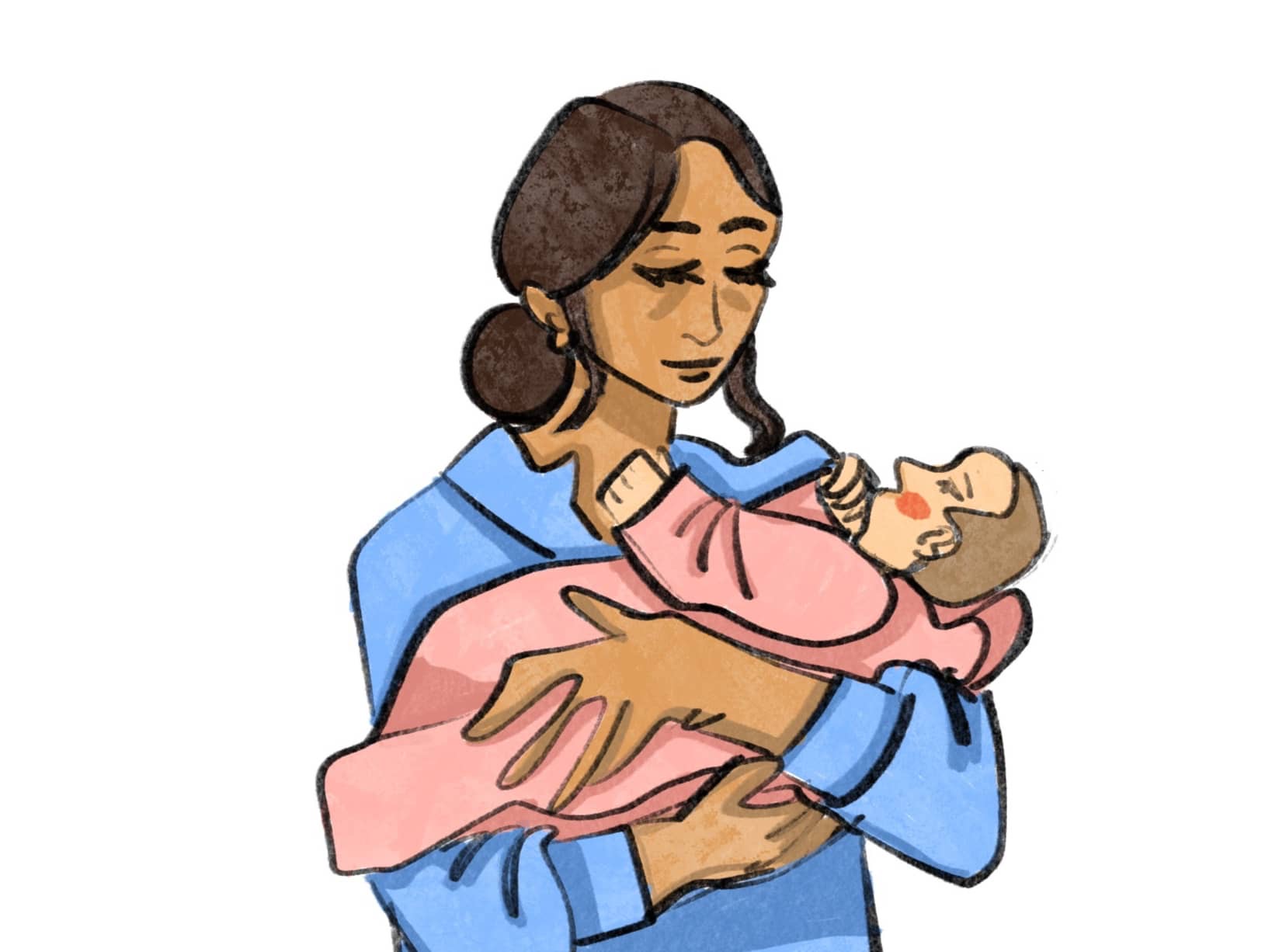
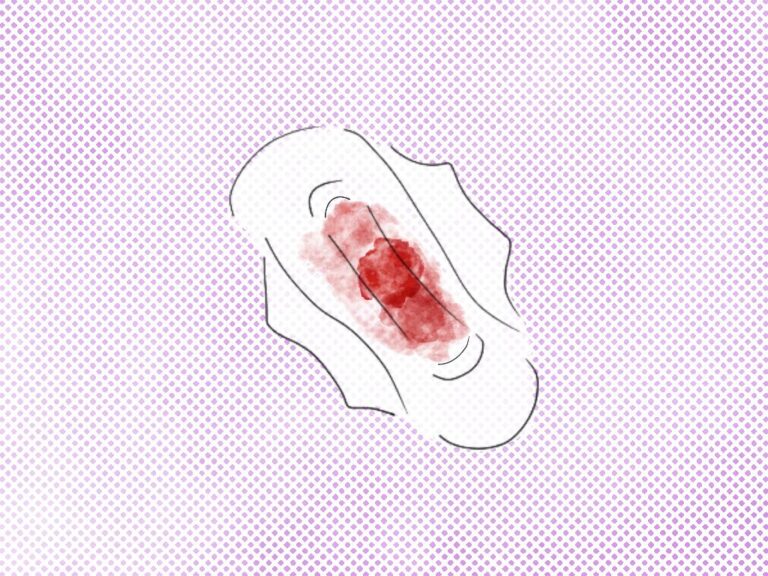
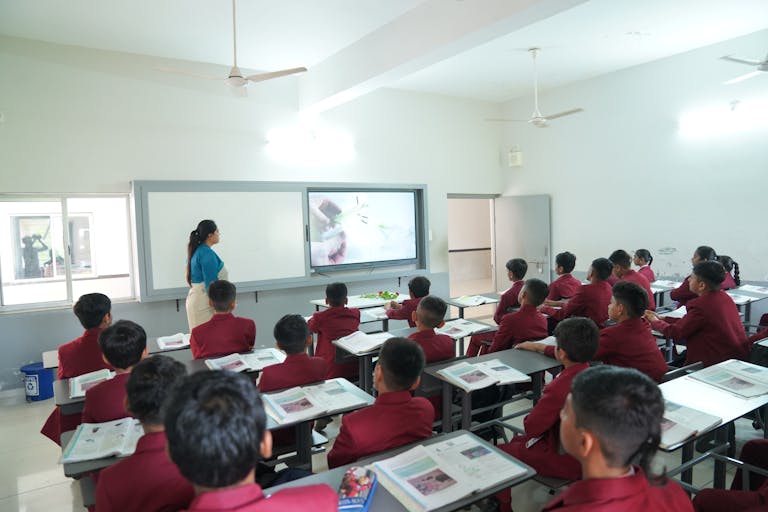
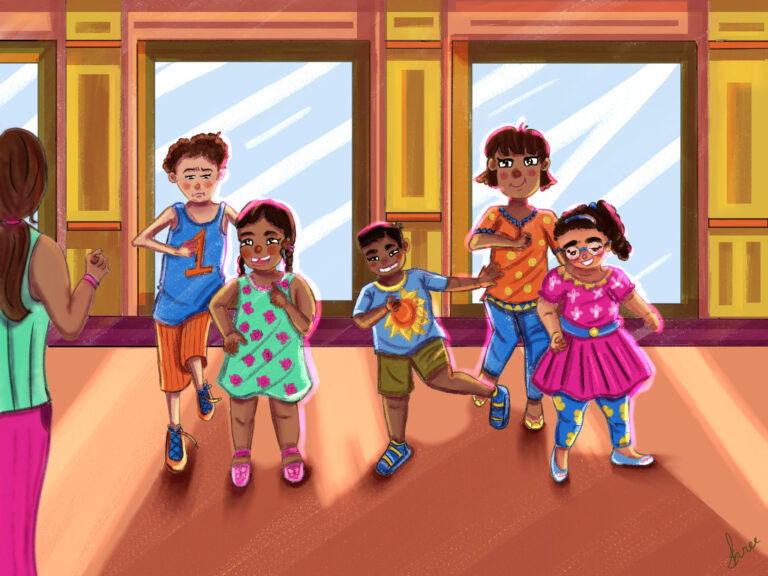
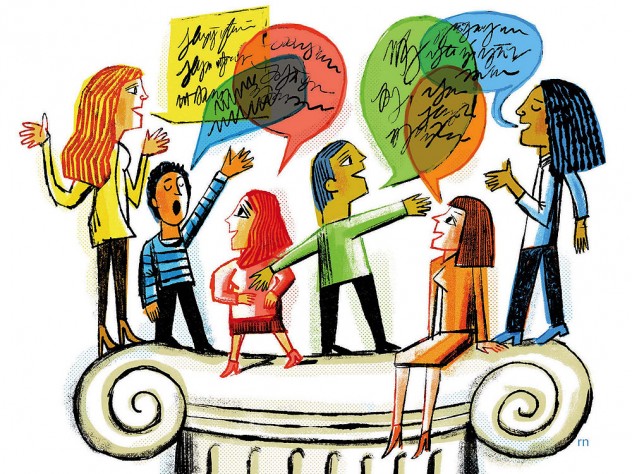
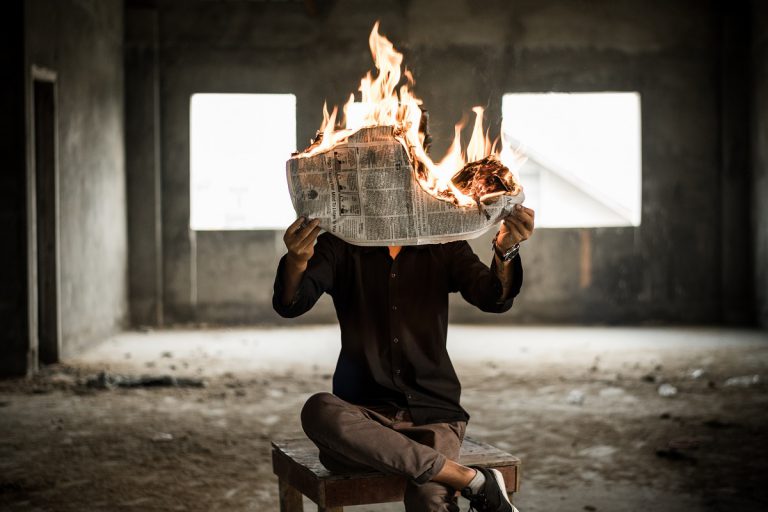
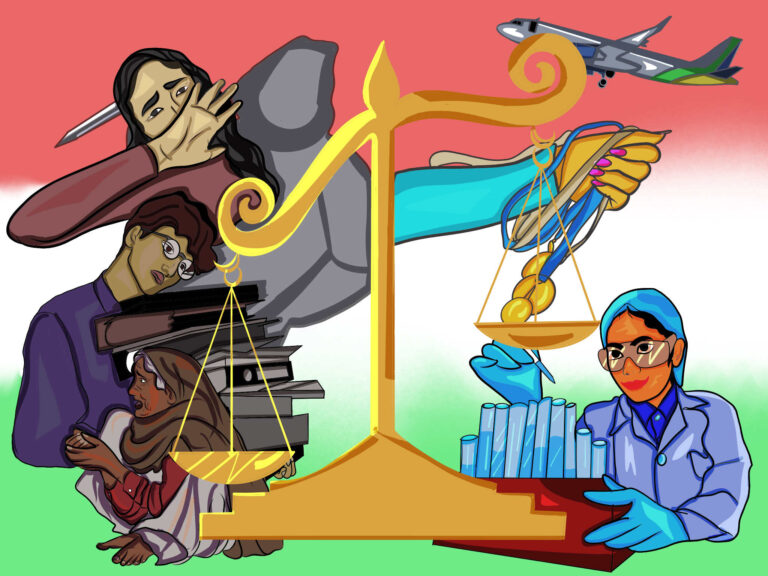
Readers' Reviews (1 reply)